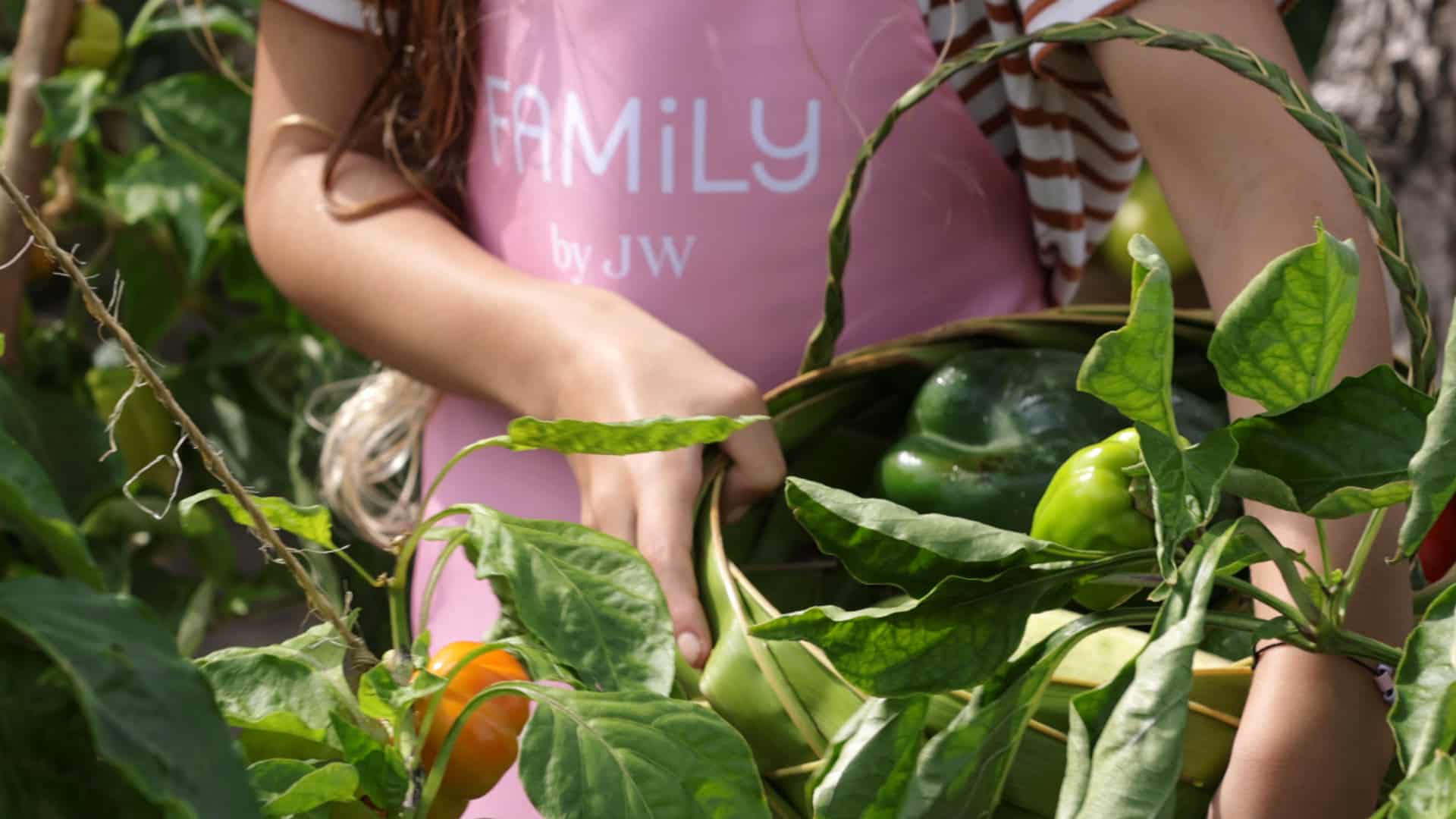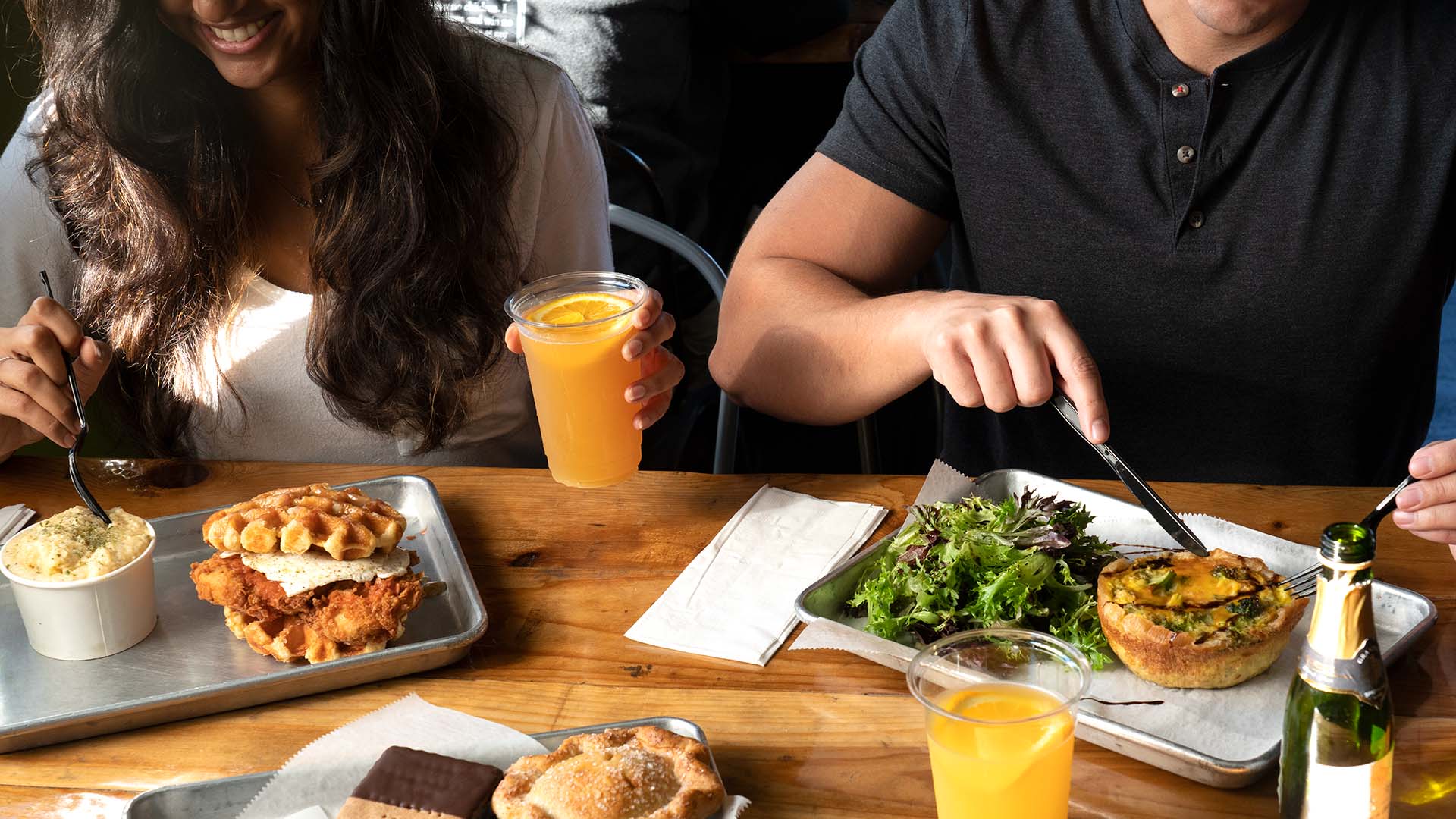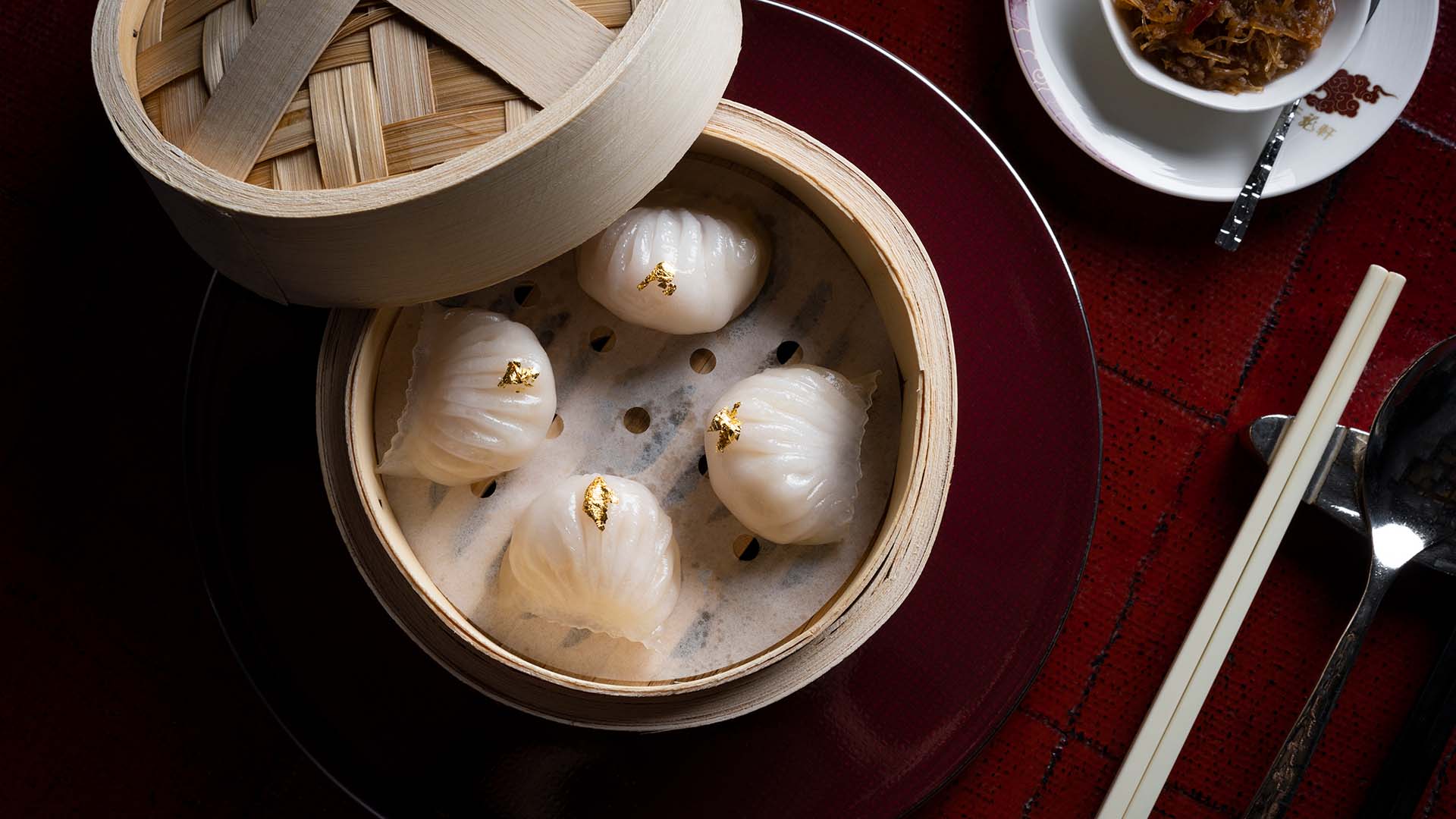
Try these Hong Kong eateries for a culinary adventure. (Photo: Marriott International)
Eat + DrinkCelebrating The Soul Of Cantonese Cuisine in Hong Kong
By CHRISTOPHER DWYERGet your chopsticks ready and taste your way across four of Hong Kong’s most distinctive restaurants in Cantonese cuisine. From treasured classics whose recipes have been passed down through generations to modern twists on familiar favorites—embark on a culinary journey and discover how these master chefs create the culinary magic they do.
Tin Lung Heen
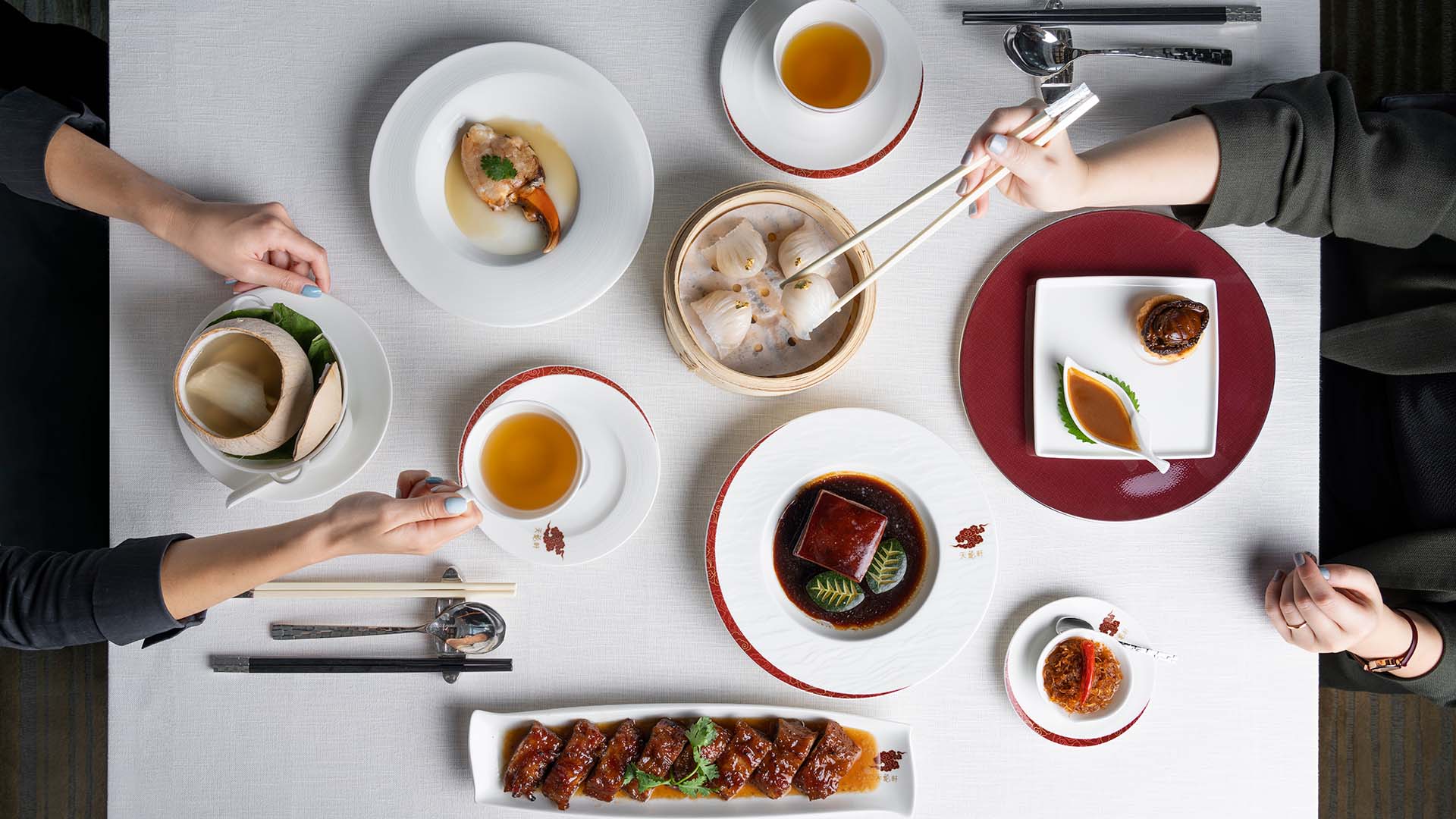
Perched on the 102nd floor of The Ritz-Carlton, Hong Kong in Kowloon, Tin Lung Heen is a Michelin-starred restaurant that honors authentic Cantonese cuisine from dazzling heights. While the dramatic panorama can almost be likened to dining in the clouds, its magnificence goes beyond the atmosphere.
Helmed by Chef Paul Lau, whose over 40 years of experience has earned him a reputation as one of the world’s top chefs specializing in Cantonese cuisine, the pinnacle of your Tin Lung Heen experience lies savoring a perfect balance of flavors in its dishes.
This shines through in the Barbecued Iberian Pork with Honey and Steamed Crab Claw with Egg White in Hua Diao Wine — two of the restaurant’s most acclaimed dishes.
“I specially chose Spanish Iberian pork because of its tenderness, as well as its nutty and floral flavors,” Chef Lau says of the former. After all, using the best ingredients forms the basis of his approach to cooking. “The essence of the dish comes from the egg white absorbing the sweetness of the crab along with the aroma of Hua Diao wine.”
Dynasty
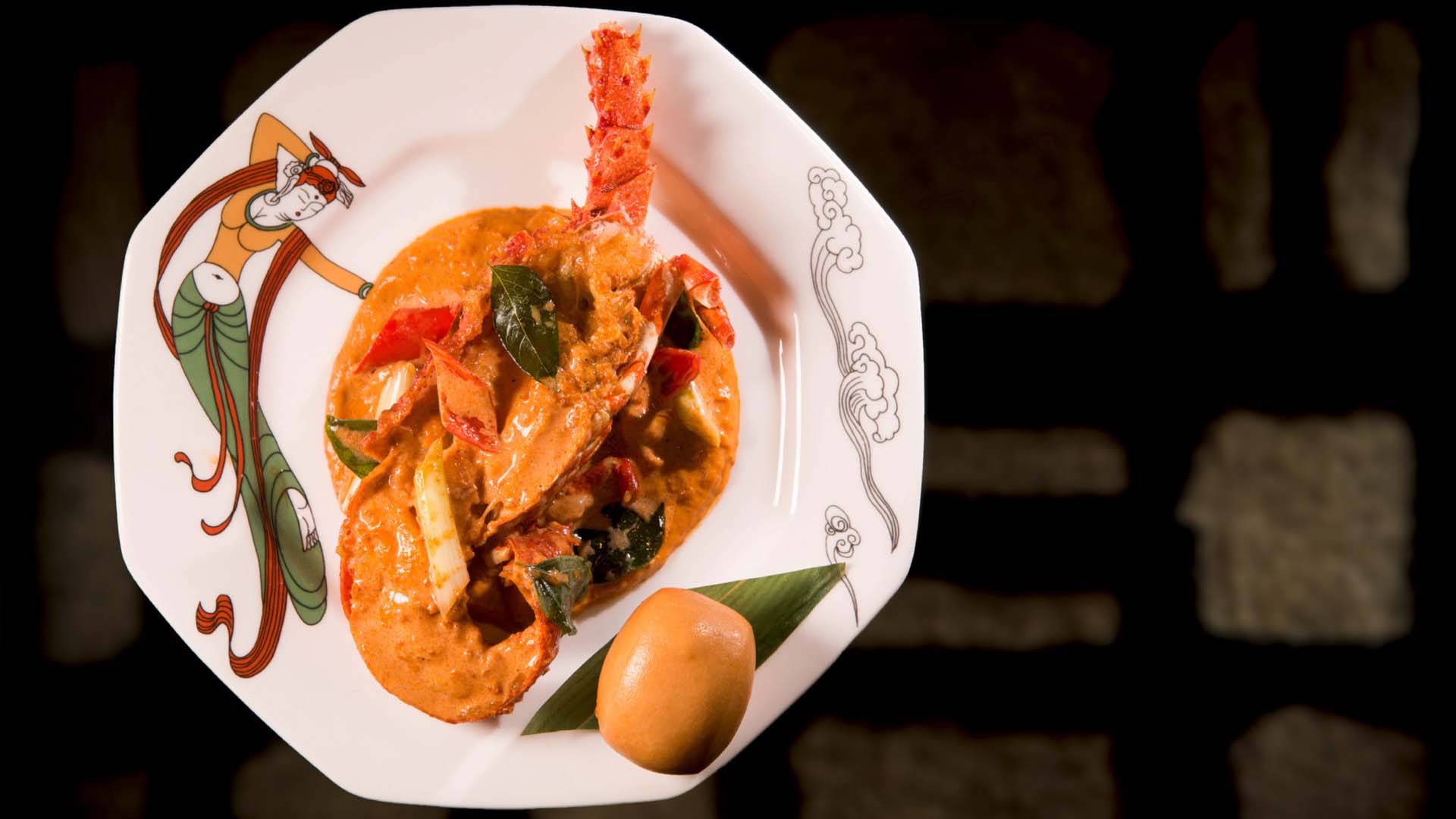
Such attention to detail is also demonstrated in the use of unexpected ingredients by Executive Chef Suen Kam-Sing over at award-winning restaurant Dynasty in the Renaissance Hong Kong Harbour View Hotel. For nearly half a century, the establishment, whose Chinese name translates to “an establishment filled with luck and good fortune,” has set the bar for Cantonese cuisine.
Boasting spectacular views of Victoria Harbour, it has amassed a loyal following of travelers and locals alike, continuing its commitment to honoring the spirit of Cantonese cuisine with its iconic recipes and experiences.
Dynasty’s Deep-fried Lobster in Homemade Sauce Served with Deep-Fried Bun comprises handpicked lobsters that weigh between 10-12 ounces, which ensures a hearty umami flavor and luxuriously plump textures.
“I like to add in unexpected ingredients to enhance the flavor of the dishes without disrupting the essence of Cantonese cuisine. For example, spices like lemongrass and curry leaves used in the sauce served with the lobster aren’t commonly seen in Cantonese cuisine. But by adding them to the dish, they can enhance its flavor and surprise the palates of diners.”
Pairing it with the Osmanthus Ginseng Oolong, a favorite among diners for its sweet and refreshing fragrance, complements the experience greatly.
“The tea does not only quench your thirst but also enhances the taste of delicacies,” Chef Suen says.
Rùn
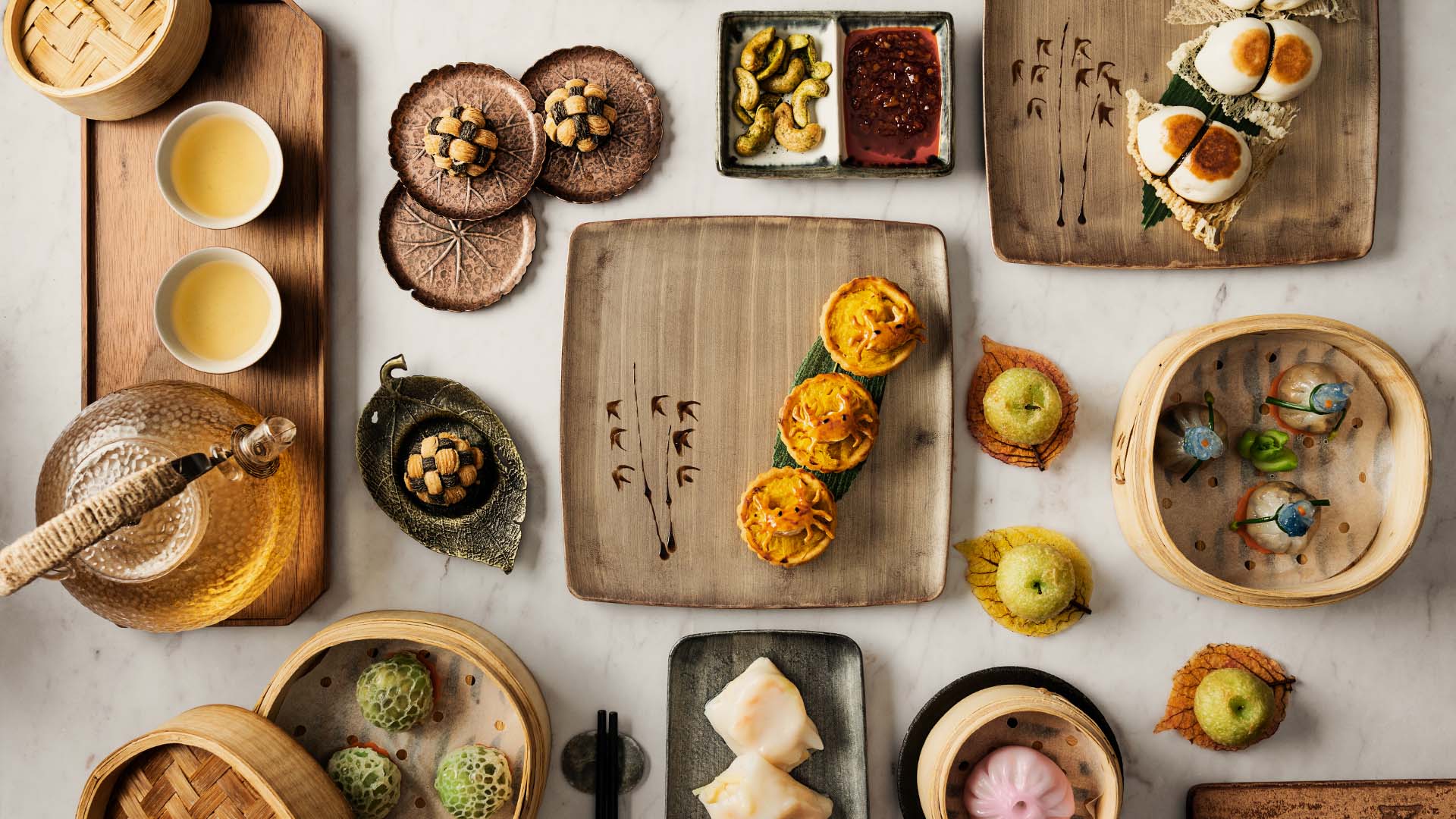
Similarly at Rùn, The St. Regis Hong Kong’s Michelin-starred Cantonese restaurant, an experience that revolves around tea is a highlight of the establishment. With a stunning modern interior inspired by the architecture of a traditional Chinese tea pavilion, it boasts 28 different teas curated by Kezia Chan, a Tea Master with over 23 years devoted to Chinese cuisine and tea.
A unique aspect of her approach is a contemporary twist on tradition with tea cocktails. Using Chinese tea as a base, she infuses alcoholic beverages like champagne, white wine, sake, vodka and gin in an experience tailored to target younger generations.
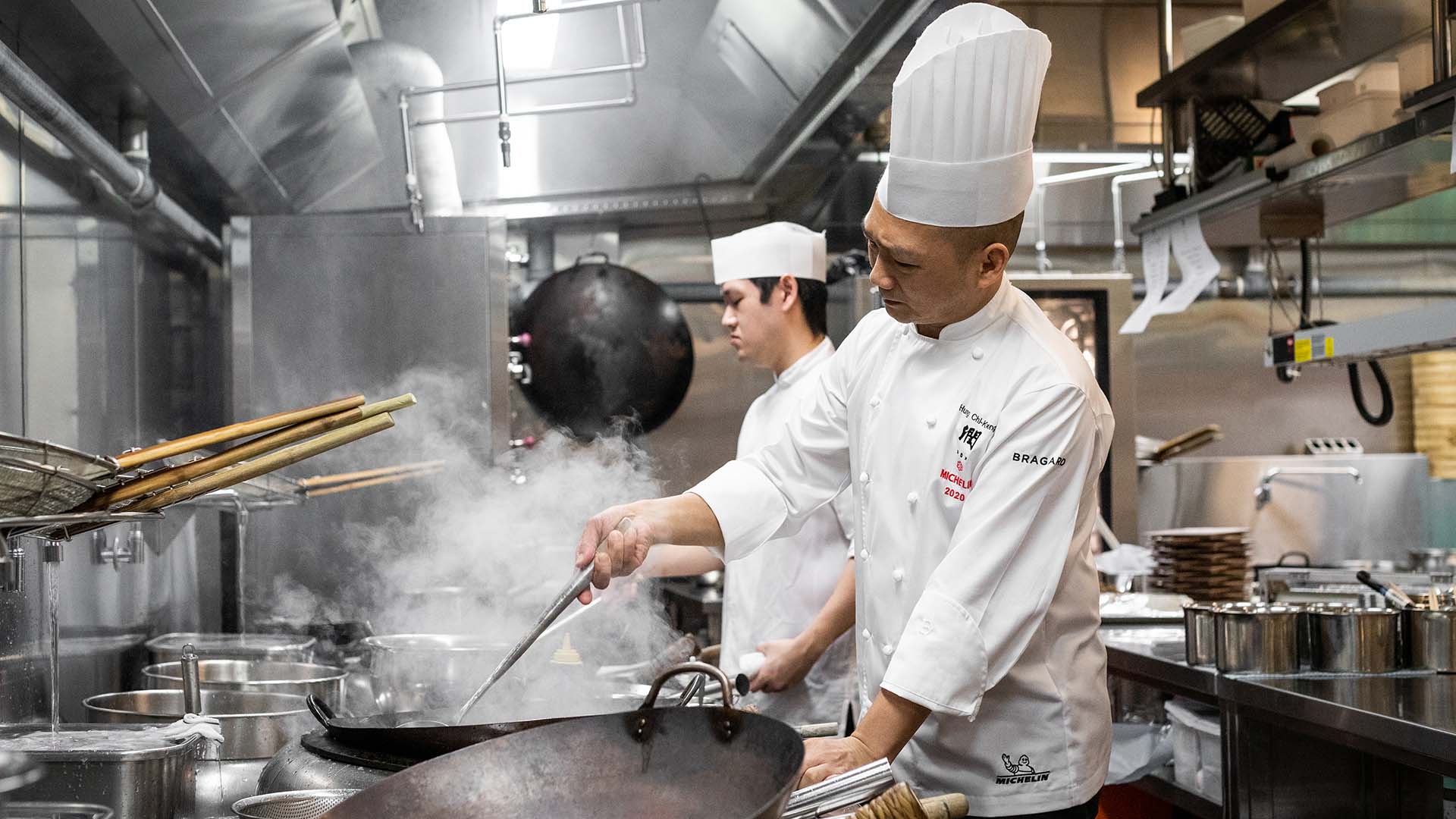
What really takes center stage at Rùn is its sophisticated menu crafted by Chef Hung Chi-Kwong, whose decades of knowledge and experience brings to the table delicate and innovative seasonal dishes for guests.
Featuring traditional fine-Cantonese cuisine including dim sum, seafood, signature roasts, and nourishing soups, the Deep-fried Diced Wagyu Beef Puff, Black Pepper Sauce is a reflection of Chef Hung’s mastery of the gastronomic persuasion.
Drawing on over 25 years of the Hong Kong native’s experience in Cantonese cuisine, the dish features a delicate two-color hand-woven puff pastry wrapped with diced Wagyu Beef in a succulent black pepper sauce.
Man Ho Chinese Restaurant
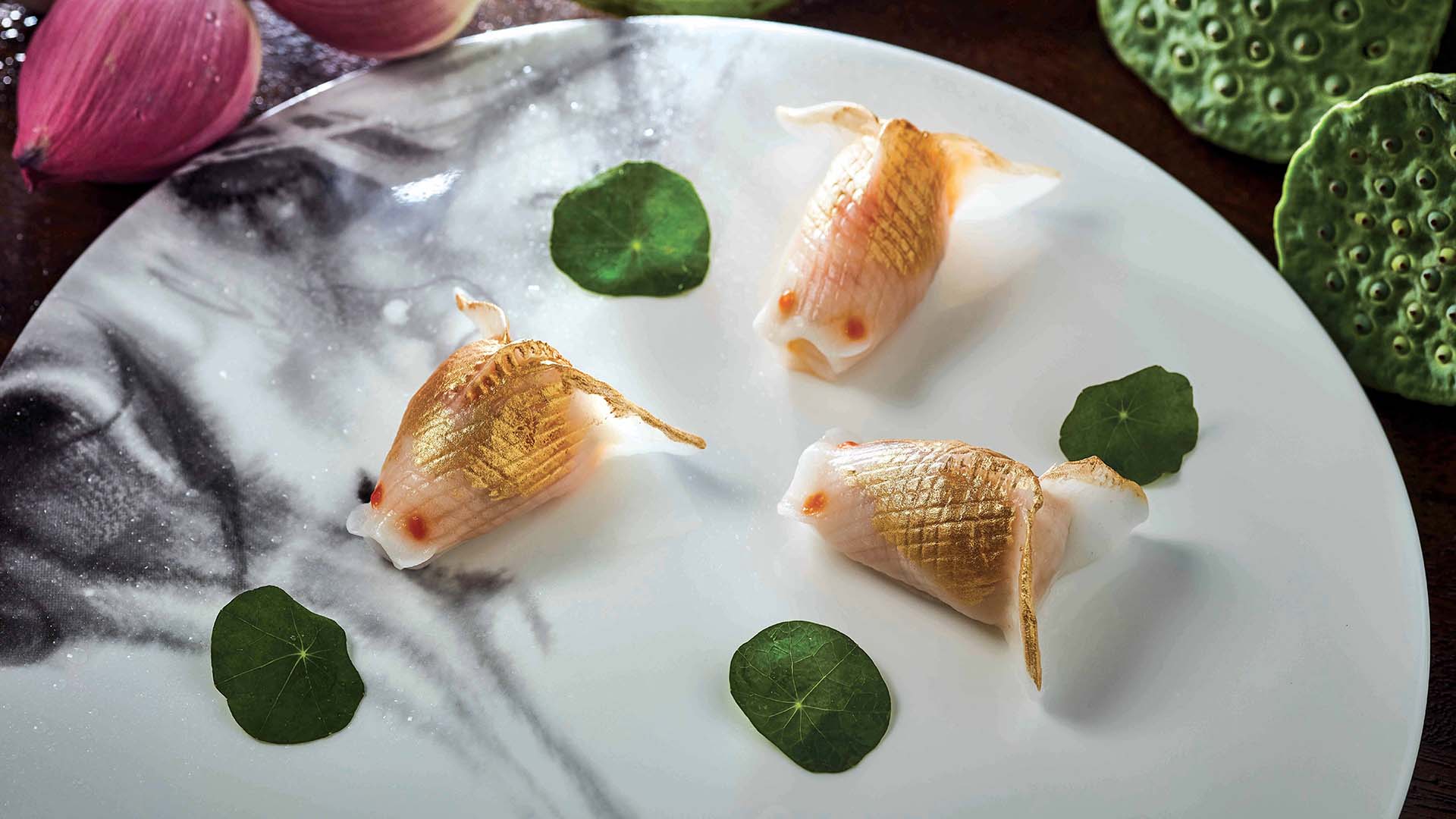
At Man Ho Chinese Restaurant in the JW Marriott Hotel Hong Kong, Executive Chinese Chef Jayson Tang, also a Hong Kong native, helms the award-winning restaurant. After a complete makeover and menu reinvention, it boasts private dining rooms with views perfect for family gatherings — but more importantly, it delivers on its promise of presenting a culinary journey of Cantonese dishes from one generation to another.
Drawing inspiration from his daily life, Man Ho’s signature Braised Pork Belly in Sweetened Vinegar Sauce came about when Chef Tang was preparing traditional pork knuckles and ginger stew in sweetened vinegar sauce for his pregnant wife.
Wondering what other ingredients could be used aside from pork knuckles, he experimented and found that pork belly was perfect to give this traditional dish a twist.
Also finding inspiration in his surroundings, Chef Tang’s Steamed Minced Garoupa Dumpling takes the shape of a goldfish, symbolizing longevity and also embellishes the interior of the restaurant that boasts a water fountain with lotus sculptures by its entrance.
“Ultimately, these two signature dishes connect with diners emotionally because they are based on traditional Cantonese dishes,” he says, echoing his belief that a good dish should be timeless — one that brings back fond memories.





